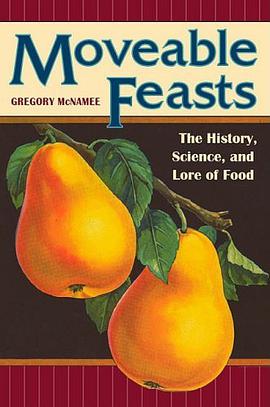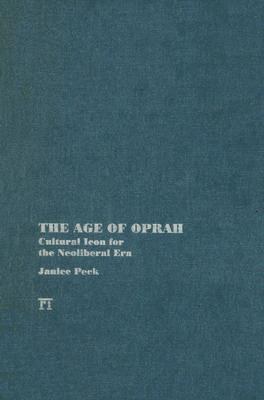

具體描述
Food has functioned both as a source of continuity and as a subject of adaptation over the course of human history. Onions have been a staple of the European diet since the Paleolithic era; by contrast, the orange is once again being cultivated in large quantities in southern China, where it was originally grown. Other foods remain staples of their original regions as well as of the world diet at large. Still others are now grown in places that would have seemed impossible in the past-bananas in heated greenhouses in Iceland, corn on the fringes of the Gobi Desert, tomatoes on the International Space Station. But how did humans discover how to grow and incorporate these foods into their diet in the first place? How were they chosen over competing foods? In this charming and frequently surprising compendium, Moveable Feasts gathers revelations from history, anthropology, chemistry, biology, and many other fields and spins them into entertaining tales of discovery while adding more than ninety delicious recipes from various culinary traditions around the world. Among the thirty types of food discussed in the course of this alphabetically arranged work are the apple, the banana, chocolate, coffee, corn, garlic, honey, millet, the olive, the peanut, the pineapple, the plum, rice, the soybean, the tomato, and the watermelon. All the recipes accompanying these diverse food histories have been adapted for re-creation in the modern kitchen. Gregory McNamee is the author or editor of twenty-eight books and has published articles in a wide variety of periodicals, from Smithsonian and Sierra to the Washington Post. He is a contributing editor for Encyclopaedia Britannica, for which he writes about world geography and culture, including food.
作者簡介
目錄資訊
讀後感
評分
評分
評分
評分
用戶評價
相關圖書
本站所有內容均為互聯網搜索引擎提供的公開搜索信息,本站不存儲任何數據與內容,任何內容與數據均與本站無關,如有需要請聯繫相關搜索引擎包括但不限於百度,google,bing,sogou 等
© 2025 qciss.net All Rights Reserved. 小哈圖書下載中心 版权所有




















